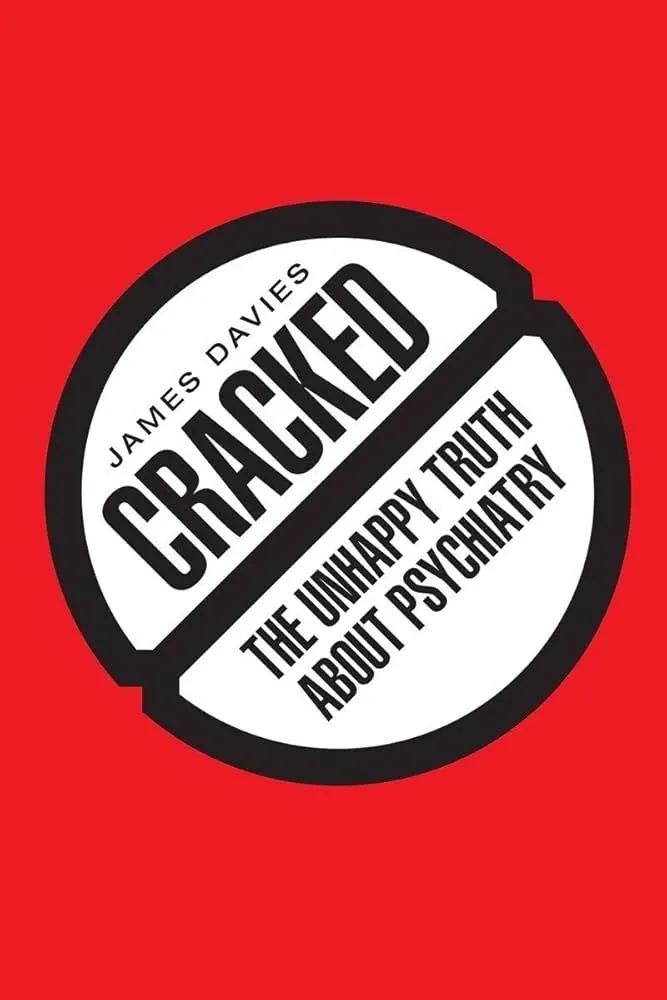
Cracked - James Davies
This book was pretty good!
Few psychology books are so clear and easy to read. This was much appreciated.
The book outlines how psychological and personality disorders (in the DSM) were created mostly by committee, rather than any kind of science. So a group of people decided which symptoms belong to which diagnosis, and this has become the main diagnostic tool for the industry.
The book goes into some of the major scandals in the industry, the dependence on the pharmaceutical industry, corruption and collusion and more.
All of this was good and well presented.
But, I do have a major problem with the thesis. While it is definitely true that diagnosis is arbitrary, and that normal behavior and grieving have been turned into “disease”, and overmedicated, and there are other problems with psychiatric treatment, the book lacked any discussion of actual psychological dysfunction.
It is one thing to point out the problems in the industry and culture. It is quite another to dismiss actual dysfunction. Clearly many normal people, especially those who use a psychiatrist, are not really “sick” in any reasonable sense. But what about the actual lunatics out on the streets, or in jails, or the many people who are so depressed that they kill themselves?
This book deserves a place in the conversation, but when we decide that many people do not need treatment we must also acknowledge that many people do. Of course, I am not on board with mainstream treatments (drugs, shock, talk therapy), but there ARE reasons why some people are truly disturbed, and they cannot be dismissed, even if current diagnostic criteria is arbitrary; even if “normal” is ill-defined; even if the medical industry is a poor choice to be in charge.
I would have loved to see at least a cursory overview of the factors that could contribute to actual insanity or major depression. I got nothing about that and so this book is very unbalanced to me.
Oddly, I do think this book is worth your time still, as long as you aren’t looking for actual causes of real psychiatric problems. The industry problems are real, and interesting, and I haven’t seen any other book present them better.